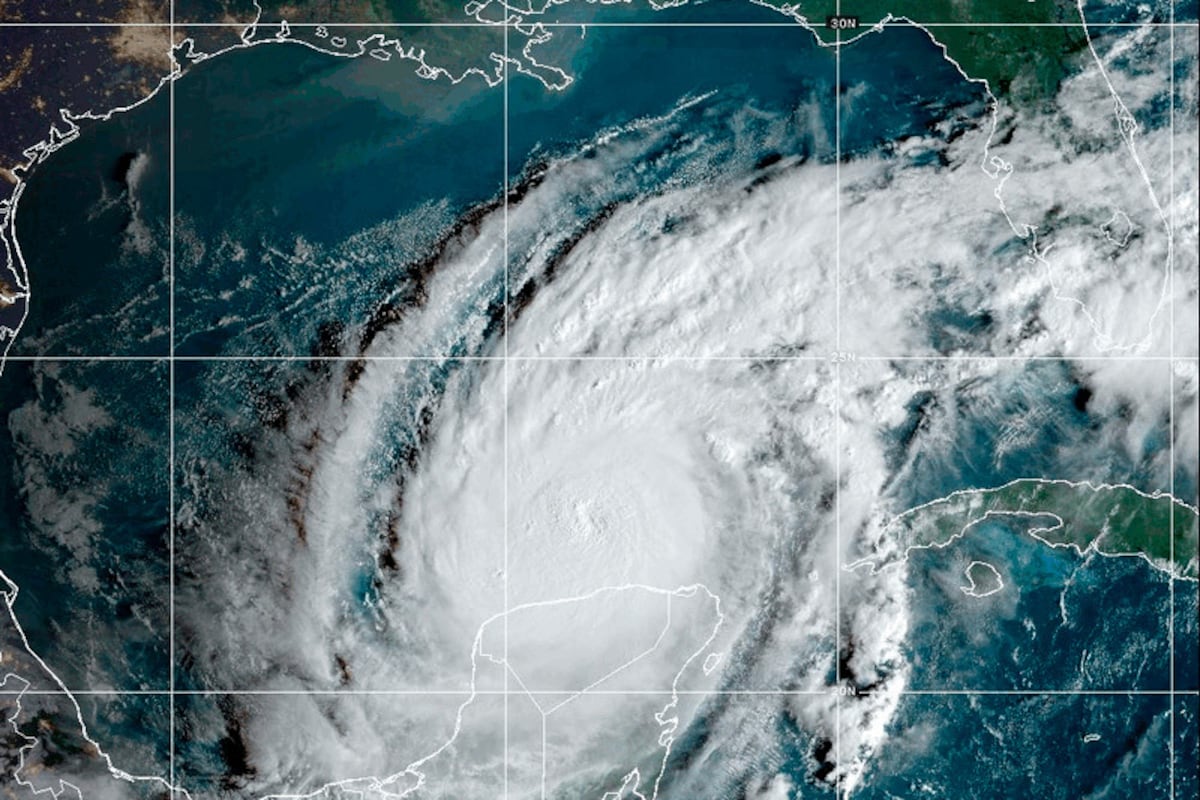(NOAA) Hurricane Milton as seen through satellite imagery, Tuesday, Oct. 8, 2024.
In 1988, when climatologist James Hansen testified in front of Congress about the danger presented by climate change, the coal, gas and oil producing industries saw this as a threat to their bottom line and started to fight back.
The scientific causes are now well established and the startling damages of climate change is now obvious all over the world. So, what is causing the continued resistance?
The answer has three parts, based in psychology, sociology and economics (fossil fuels bottom line). In psychology, cognitive dissonance can occur if new information contradicts other strongly held beliefs. Such dissonance can cause people to ignore new information or even the “don’t talk to me about it” gut response. In sociology, confirmation bias plays a part because people often get their information from sources that support what they already believe. Such misinformation gets repeated in the echo chamber of their information sources.
Early on the fossil fuel producing industries took the playbook from the tobacco industry: They attacked the sources, saying that correlation is not causation; they supported research that hinted that climate change (a warming planet) might have other causes — all of which was explored and debunked by better science. I grew up in Kentucky, a major tobacco producing state, in the 1950s and ’60s, and saw this play out until the evidence about smoking became overwhelming.
Believers in climate change are now a solid majority. Recent articles in The Guardian (March 26) and Time Magazine (March 24) summarize more than 2,000 studies indicating that we may lose up to 50% of the Earth’s species by 2050.
This is not just sad for other species because we are a part of the web of life, thus it is also our futures that are in danger. Time to act now!
David Hart, Torrey
